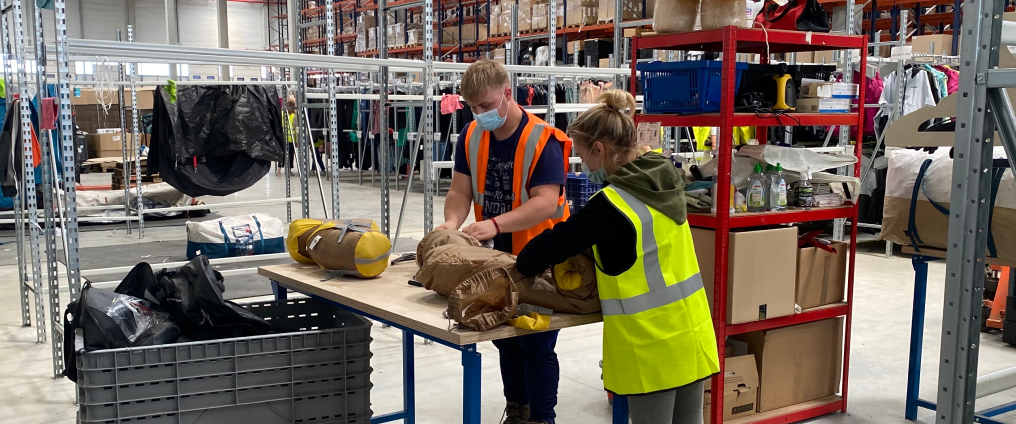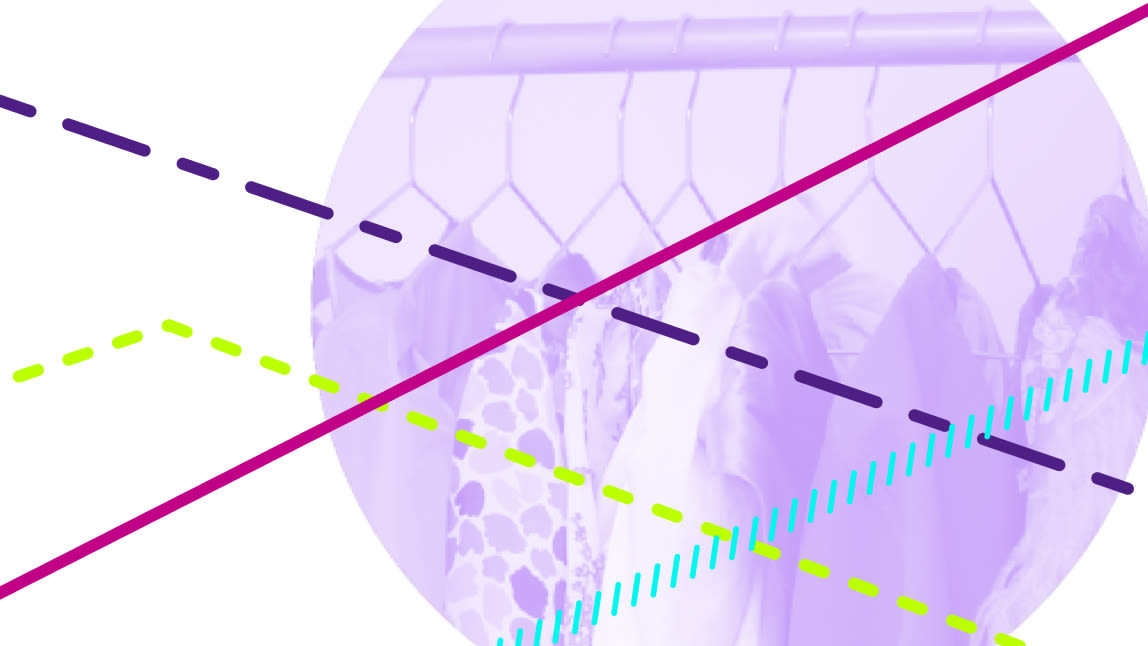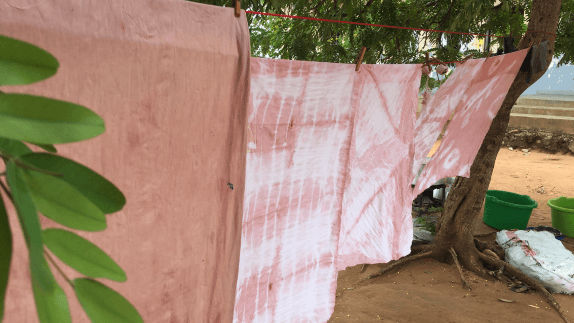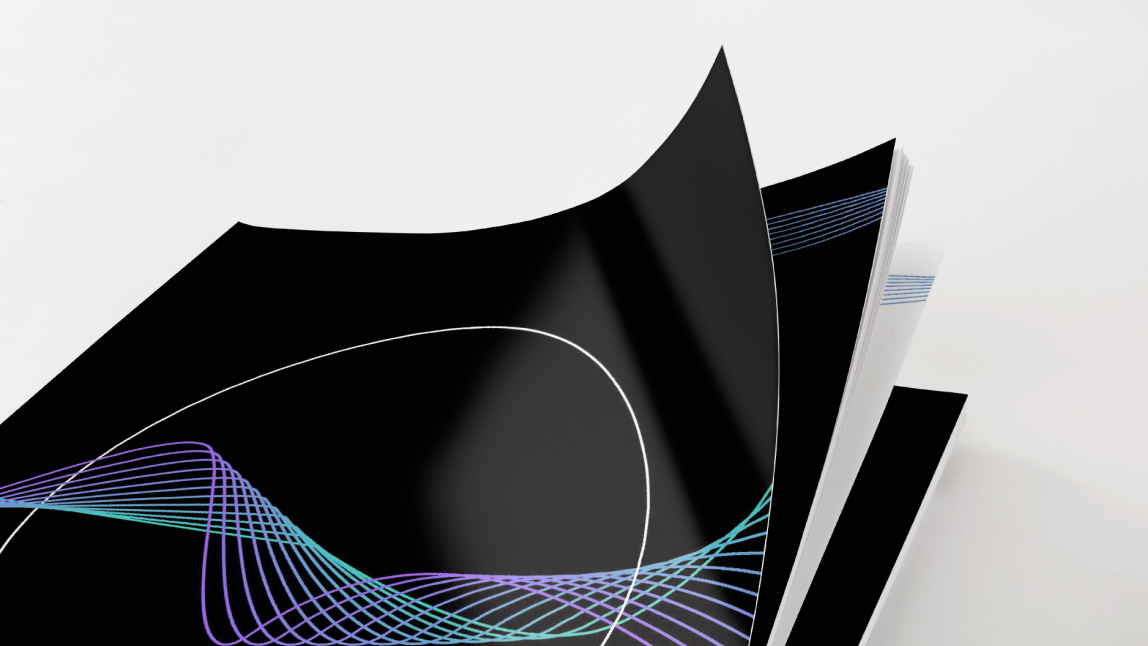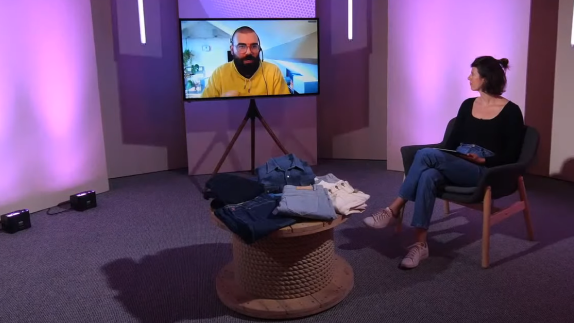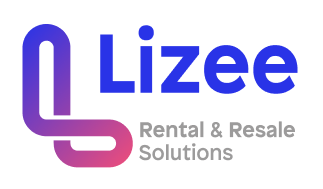
Lizee is a software as a service (SaaS) company that allows brands and retailers to launch rental and resale business models in just a couple of weeks
What they do
Lizee has created a data-driven Rental Management System (RMS) to manage the whole rental cycle using just one platform – from in-store and online rental handling all the way to shipping, returns, refurbishing and eventually reselling. The system’s flexibility allows clients to choose the circular business model that suits their product and customer base – such as subscription, one-off, or on-demand rental.
Lizee’s software has already supported companies like VF Corp, Adidas, Maje, Kiabi and Decathlon to make progress in their circular transformation.
Why it’s an example of the circular economy
The idea of ‘access over ownership’ through business model innovation is a central concept in the circular economycircular economyA systems solution framework that tackles global challenges like climate change, biodiversity loss, waste, and pollution. It is based on three principles, driven by design: eliminate waste and pollution, circulate products and materials (at their highest value), and regenerate nature..
Lizee’s SaaS offering has the potential to scale-up the digital rental experience, so that more companies can respond to the growing trend in responsible and eco-conscious consumption, and to be part of a circular economy by promoting product reusereuseThe repeated use of a product or component for its intended purpose without significant modification..
To illustrate, consider the use of camping equipment. Most people own a tent, which is used only very occasionally, so for most of its life, it takes up storage space in your home and gathers dust.
To address this example of product underutilisation and material waste, Decathlon, the French outdoor sports specialist has applied Lizee’s RMS to create a service called Location Decathlon. This allows outdoor enthusiasts who don’t want to own a tent or young people who want to try camping for the first time, to rent Decathlon’s outdoor equipment for as little as EUR 8 /day for the duration of their holiday. The delivery rate includes delivery, pickup and insurance.
Through this rental business model, tents can have a higher use rate and the overall volume of materials required to provide camping experiences to citizens will be reduced.
Benefits
The purchasing cost of a durable tent for camping is approximately EUR 130. By offering such an item as a rental, there are a number of potential benefits:
Citizens
Customers are able to access a high quality item in a convenient way at an affordable price. One trip may require a small tent, a longer trip may require a bigger tent. Rental provides a flexibility of options without a large capital outlay.
They don’t need to store equipment in their home.
People can try out new sporting experiences in an affordable way
Customers can reduce the material intensity of their lifestyle.
Business
By providing outdoor gear rental, Decathlon was able to increase their margins by 2.4x after one season only (Decathlon internal analysis)
Businesses can attract a new type of customers, such as younger people who are more likely to rent than buy
Businesses can collect two years worth of product quality performance data in just two months
Environment
Optimising the use of goods using Lizee’s software means in the long run there is less new production needed and therefore less raw materials are needed. Less material production also means less carbon emissions associated with camping.
50% drop emissions of CO2 (Decathlon internal analysis)
10x reduction in use of water (Decathlon internal analysis)
The circular economy does not preclude all forms of ownership. It is important not to dismiss the sentimental or symbolic attachment that people have to their belongings. However there is a vast quantity of underutilised products in the modern economy, and each one represents a waste of materials as well as a potential economic opportunity.
So the next time you visit your storage cupboard, it is worth asking the question: “how much of this stuff do I really need to own?”
Published 23 November 2021
